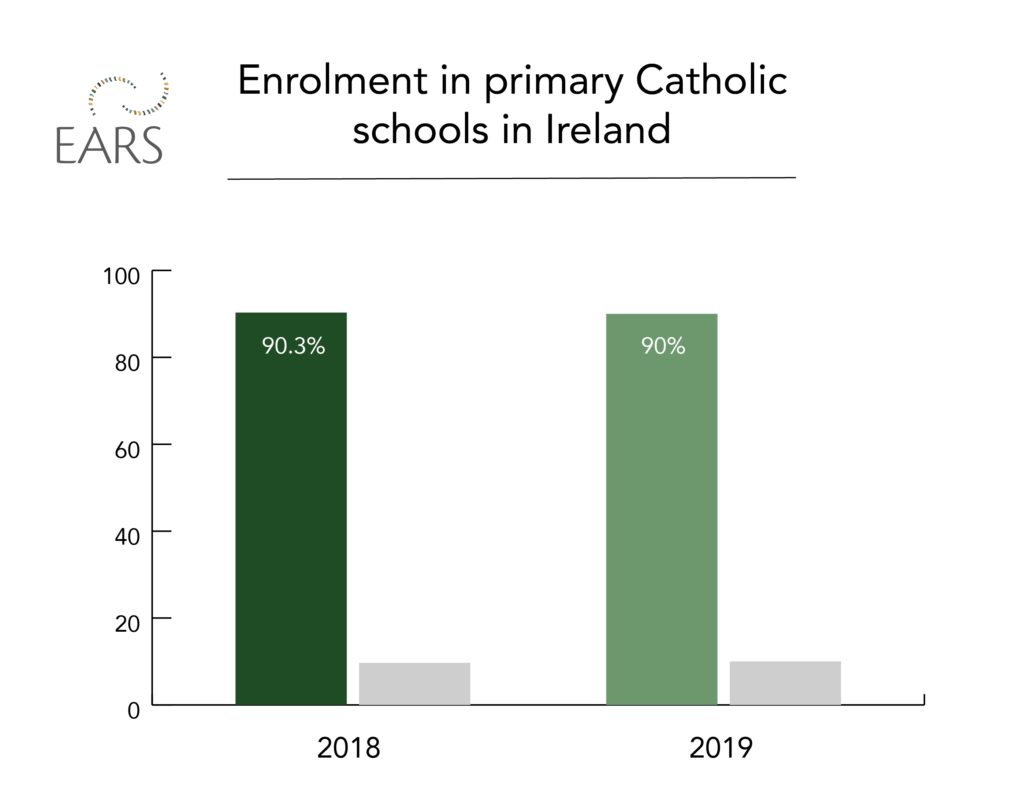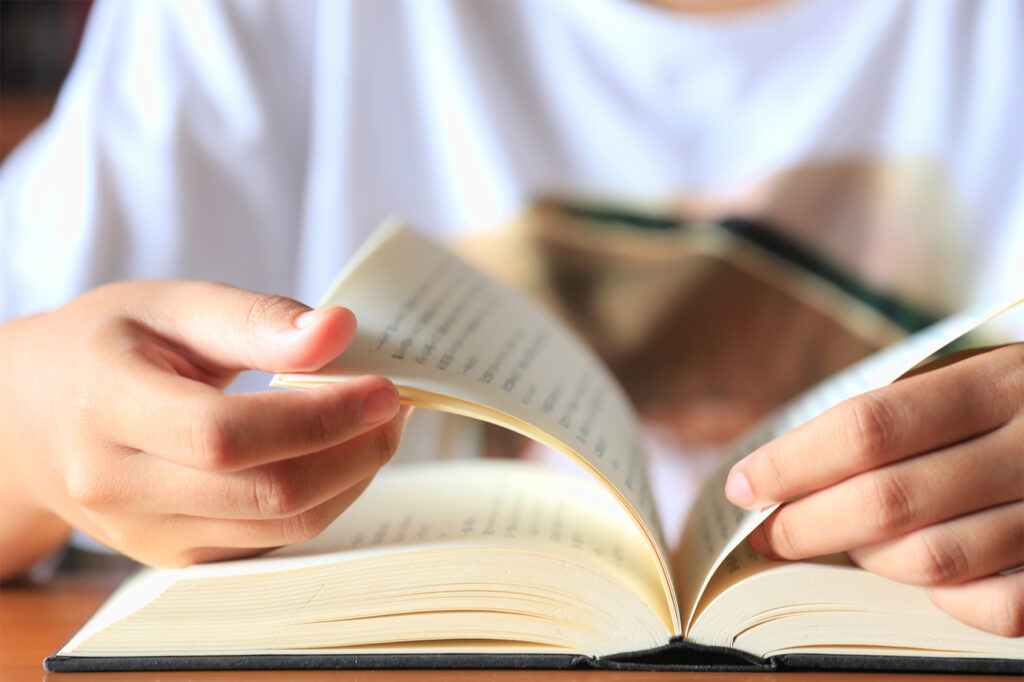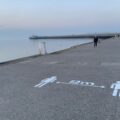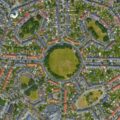Ireland: A strong religious presence in the education system
Ireland: A strong religious presence in the education system
While several European countries ensure the separation between church and state in public life, the same cannot be said for Ireland. The history of Ireland has been shaped by the influence of religious institutions in society, including the education system.
This article is part of our series on the role of religion in education across Europe.
Intertwined relationship
While several European countries ensure the separation between church and state in public life,[1] [2] the same cannot be said for Ireland. The history of Ireland has been shaped by the influence of religious institutions in society, including in the education system. Christianity is the predominant religion in the country, with the largest denomination being Catholicism followed by Anglican and Protestant denominations.[3] These denominations have played a crucial role in defining the types of schools that are available and the form of education students receive.[4]
However, as the demographics of Ireland began to shift from the late 1980s onwards, so did the role of religion in education, with the rise in multi-denominational schools that welcomed students of all faiths and offered a more well-rounded approach to religious education (RE).[5]
Denominationalism
Historically, and still to a great extent in the present day, Catholic, Anglian, and Protestant churches have had significant authority over the education system in Ireland. In particular, the Catholic Church has held significant power in Irish society, reflected in the 1961 census where 94% of Irish citizens identified as Roman Catholic.[6] This power of the Catholic Church has extended to “school ownership and teacher training, and the persistently ethnocentric curriculum.”[7]
Due to the above, denominational schools became commonplace in Ireland, these being schools run according to the ‘principles of a particular religious group’.[8] This dominance is still greatly felt in the present day as it is estimated between 90-95% of primary schools are denominational and 90% of all schools in Ireland are under Catholic organisation.[9]
The religious studies curriculum in denominational schools differs depending on the main religious ethos of said school. All types of Christian denominational schools teach their ‘perspectives’ on sacrament, the Church, spirituality, interreligious dialogue, and morals.[10] [11] Moreover, all Christian denominational schools in Ireland remain open to children who adhere to other faiths. However, the school’s faith, be it Catholic or Protestant, remains inherent to all teachings.[12]

Shifting Irish landscape
For several decades, the dominance of denominational schools in the Irish education system was more or less reflective of Ireland’s demographics. However, a series of social and economic transformations that occurred in the past three decades resulted in a pushback against the religious institutions’ imposing role in education.[13]
Firstly, a period of rapid economic growth in Ireland (known as the Celtic Tiger) between the mid 1990s-late 2000s, parallelled with increasing secularism,[14] contributed to a change in outlook and religious affiliation of many Irish citizens.[15] These changes were reflected in the 2016 census which revealed that 17% of Irish residents were born abroad, religious affiliation was declining and 10% now identified as ‘No Religion’.[16]
Alongside economic changes, other social shifts in Irish society, such as abortion being permitted[17] and same-sex marriage being legalised,[18] reflected that, for an increasing number of people, the Church was “no longer the main influence on the moral outlook and decisions of the Irish people.”[19] Instead, secularism began to grow in the country as well as other religions, such as Islam and Pentecostal Christianity.[20] This having been said, there was a growing demand in Irish society for an increase in multi-denominational schools in Ireland. [21]
Multi-denominationalism
In 1978, The Dalkey School Project in Dun Laoghaire, County Dublin was set up by parents as the first multi-denominational school in the country, where no one religion was favoured.[22] After this school was established, different educational charities and bodies, such as Educate Together (est. 1984) and Community National (est. 2008), were formed to “respond to an increasing diversity in Irish Society”[23] and help provide “equality-based, co-educational, child centred, and democratically run” schools.[24]
The development of these multi-denominational education bodies and schools has had a significant impact on the role of religion in education in Ireland. Such schools stress the equality and respect of all beliefs and give parents more responsibility over their child’s education.[25] Moreover, they ensure that 30-minute long, daily, formal religious instruction periods are made optional and take place after school (unlike in denominational schools, where non-religious students have to ‘opt out’ of these sessions).[26] For such reasons, multi-denominational schools are growing in popularity in Ireland.[27] [28]
What does the future hold?
Religious institutions, in particular the Catholic and Protestant churches in Ireland, have a long history of being intertwined with the education system. Yet, the rise in multi-denominational schools has reflected the changing times in Ireland and offered an alternative approach to parents.
However, while the growth in quantity and popularity of multi-denominational schools is likely to continue,[29]Associate Professor Emer O’Toole believes diversity and equality in education cannot be fully achieved with “the Catholic Church still running the show” as parents of no or other faith would likely have little option but to send their child to a school of Catholic faith.[30] With the majority of Irish schools still being run by the Catholic Church, the intertwined relationship appears set to continue.
Our team of analysts conducts research on topics relating to religion and society. In April, May and June 2021, we are focusing on the subject of education. Find out more on the EARS Dashboard.
[1] Between secularism and religion. The education in France before and after 1905
[2] Norway: State and Church Separate After 500 Years
[3] Religion – Religious Change – CSO
[4] Religious Education in Public Schools in Western Europe
[5] Church losing grip on schools as new figures show rise in multi-denominational sector
[6] Religion – Religious Change – CSO
[7] Underneath the Band-Aid: supporting bilingual students in Irish schools
[8] Denominational schools: A brief critical dictionary of education
[9] (PDF) Ireland: A Shift Towards Religious Equality in Schools
[10] Catholic Preschool and Primary Religious Education Curriculum for Ireland
[11] The Church of Ireland-Education
[12] Catholic Preschool and Primary Religious Education Curriculum for Ireland
[13] Religious Education in Public Schools in Western Europe
[14] A ‘Quiet Revolution’ Comes to Ireland
[15] Social effects of the Celtic Tiger
[16] Religion – Religious Change – CSO
[17] Ireland abortion referendum: What is the law?
[18] Ireland becomes first country to legalise gay marriage by popular vote
[19] Irish Secularization and Religious Identities: Evidence of an Emerging New Catholic Habitus
[20] Ireland sees 73% increase in number of non-believers
[21] Multi-denominational education – here to stay
[22] The Dalkey School Project.
[25] Religious Education in Public Schools in Western Europe
[26] Opinion: Religion is a choice – not an obligation. Let’s make religious classes opt-in
[27] Church losing grip on schools as new figures show rise in multi-denominational sector
[28] Catholic church’s dominance of education continues to slide
[29] Pupil numbers grew 10% at multi-denominational schools
[30] Ireland’s attempts to secularise its schools have turned to farce | Emer O’Toole






